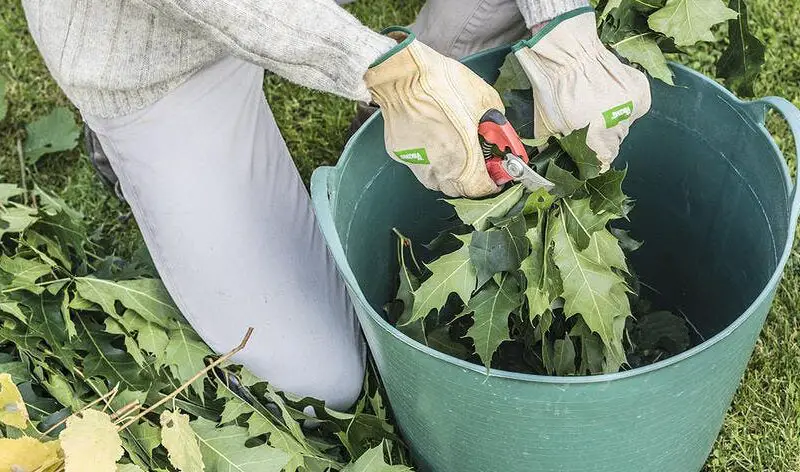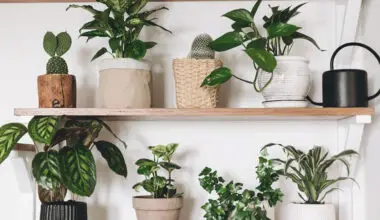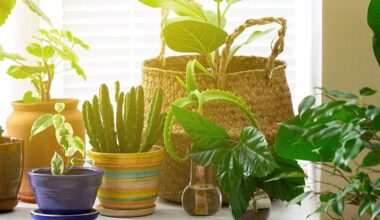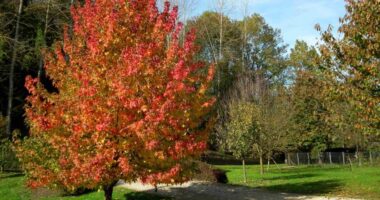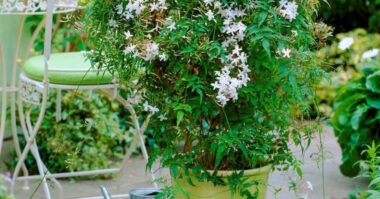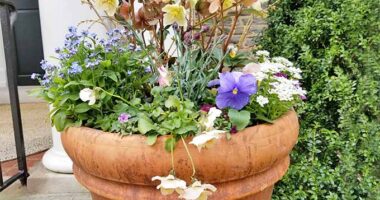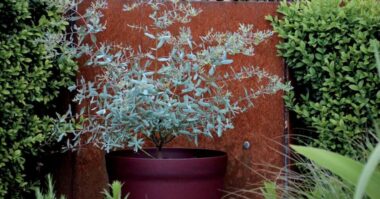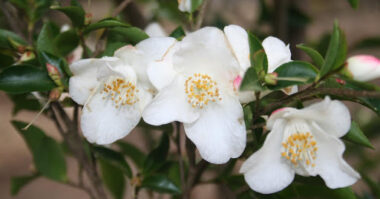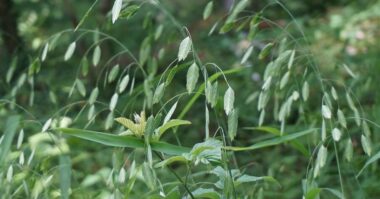For your garden or vegetable garden, there are only advantages to making your own fertilizer. Easy to make, effective and 100% organic, home-made fertilizers are an alternative to chemical products and expensive commercial products.
Contents
What is the best natural fertilizer for indoor plants? Nettle manure!
Nettle manure has multiple virtues. At the top of the list, it is a natural fertilizer rich in nitrogen that will stimulate plant growth but also make them more resistant to disease. Thus, nettle manure is often recommended to prevent diseases and pests such as mildew and aphids.
To prepare it
You need 2.20lb of chopped nettles not mounted in seed that you macerate in 2.6 galloon of water. The ideal is to place the nettles in a fabric bag that will not let them escape, this will avoid you having to filter them afterwards. Once a day mix your mixture with a stick, the liquid manure is ready when you don’t see any more bubbles rising to the surface during the mixing. To preserve it, pour your liquid manure into hermetically sealed bottles. Store them in a cool room.
How to use it
Nettle liquid manure is a concentrate, it is necessary to dilute it in water. As an insecticide against aphids or to strengthen vegetable plants, it is diluted 1/10th in water, i.e. in a 1.3 galloon can of water, count 17 cl oz of liquid manure. In the vegetable garden, you can use it for watering in the spring during the growth phase. Also as a foliar spray or to soak your plants to be transplanted.
9 alternatives to nettle manure for your fertilizer
1) The coffee grounds
A well-known trick for apprentice gardeners is coffee grounds! It is a natural fertilizer that brings nitrogen to the soil and makes it slightly more acidic. It also improves the organic matter in the soil. Some plants love it, such as roses, hydrangeas, magnolias and rhododendrons.
Coffee grounds should not exceed 25% of the amount of soil in your pot. It is an excellent natural fertilizer for plant growth and beauty. Simply pour the coffee grounds at the base of the plant and water lightly to ensure that it mixes well. Moreover, its smell keeps flies and worms away!
2) Eggshells
Eggshells have the particularity of being rich in calcium. However, it is a mineral necessary for the good development of plants. Crush the eggshells with a rolling pin and spread the pieces at the base of the plants by mixing them well with the soil.
3) Wood ashes
If you are lucky enough to own a fireplace (or even a wood barbecue), it is possible to recycle the ashes from the burnt wood. Indeed, wood ashes provide the nutritive needs necessary for the good development of plants. If you have a large quantity of ashes, it is possible to mix them with water in the watering can to water your garden with this mixture: it makes slugs and snails flee and protects the shrubs from diseases.
4) The banana peel
Very rich in potassium, phosphorus and calcium, banana peel optimizes plant growth and stimulates flowering (roses in particular love it). The potassium also makes it possible to revive the colors of the flowers! Cut the skin into small pieces and bury them at the foot of the plants. The skin will decompose and nourish the plants. It is also possible to let the banana peel infuse in a sprayer for 3 days and spray the soil directly.
5) Epsom salt
It adds magnesium and sulfur to the soil. Interesting for tomatoes and roses. Epsom salt water is perfect for sowing and to reduce the shock of transplanting. The recipe is simple and quick: put 1 tablespoon of Espom salt in 4 liters of water. It can also be mixed in the soil around the plants at a rate of 1 tablespoon for every 60 cm high plant, then water.
Namely: Espom salt is known to give plants a dark green color.
6) Cooking water
Tonight is raclette? Don’t throw away the water used to cook the potatoes! Set it aside so that it can cool down. Once cold, water your plants with it. The same goes for unsalted water used to cook pasta, vegetables, rice, etc. Rich in vitamins, mineral salts and other nutrients from cooking food, this water is an effective natural fertilizer!
7) Compost
We couldn’t finish without talking about compost! Recycle your grass clippings and some household waste (often fruit and vegetable peels). Let them decompose for a few months while mixing from time to time. You’ll get a simply natural amendment.
8) Cut grass infusion
To obtain a fertilizer with a high nitrogen content: use mowed grass, so you recycle the clippings. Simple to make, fill 25 liters of freshly cut grass and cover with water. The mixture should rest for 3 to 5 days. Then dilute the infusion: one measure of grass infusion for 9 of water. Now all you have to do is water your plants.
9) Tea infusion
Did you know that tea bags contain carbohydrates? This boosts vegetable and fruit tree plantations and improves the flowering of flowering plants. You can then use them, by macerating them in water. Use the mixture by diluting it in the watering water.
Which fertilizer for which plant?
What is the best fertilizer for tomatoes?
There is plenty of fertilizer for tomatoes. In the natural fertilizer aisle, think of eggshells rich in calcium. Coffee grounds are also used at planting time to release nitrogen slowly. If you are used to cooking fish, don’t throw heads! Bury one with your tomato stalk, it will give it minerals and trace elements, including nitrogen, calcium, phosphorus and potassium.
Which natural fertilizer for citrus fruits?
Citrus fruits are greedy fruit trees that require a rich soil and regular fertilization. As such, it is advisable to provide them with compost on a regular basis. Coffee grounds provide nitrogen and banana peels provide potassium, phosphorus and calcium. Green manures such as clover, a carrier of phosphate and potassium, are added.
Summary
Fertilizer is an indispensable element in gardening! But here it is, the commercially available one is often full of chemicals, if it is not chosen organic.
In the garden, we love to grow our own vegetables and we banish toxic products, which are harmful to the environment and to our health. In this way, we prefer to make homemade fertilizer. Economical and ecological, it’s an easy action that will do the greatest good to your garden!
